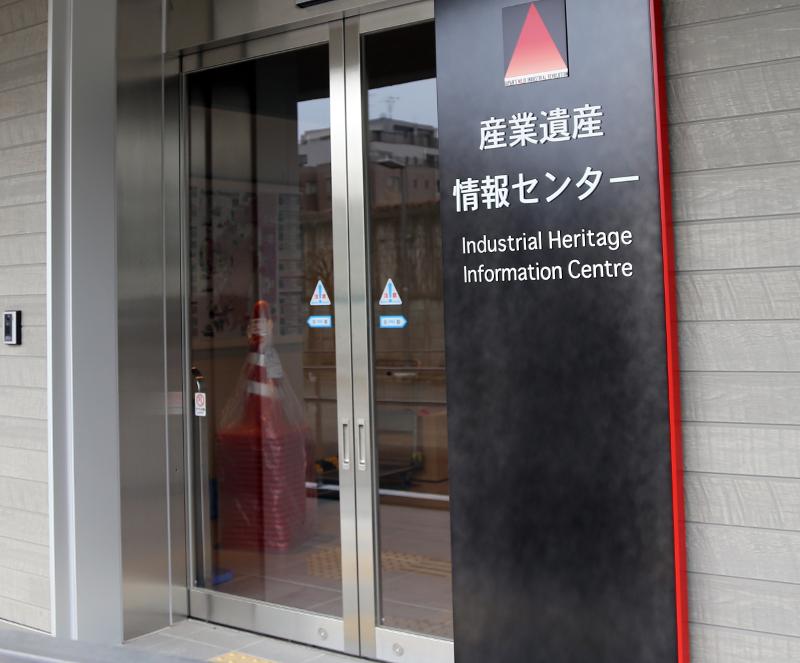
The Industrial Heritage Information Centre was opened in Tokyo in June last year. (Yonhap News)
By Kim Eun-young and Yoon Sojung
A group of Japanese intellectuals has expressed support for UNESCO's criticism of Japan's failure to come clean over its Meiji Industrial Revolution heritage and the World Heritage Committee's resolution urging full implementation of related measures.
In a written interview with Korea.net on July 27, the scholars also urged their government to revise the exhibition at Tokyo's Industrial Heritage Information Centre, which has invited international criticism for glossing over the history of Koreans mobilized for forced labor including those on Hashima (Battleship) Island.
On the exhibition's content, human rights lawyer Etsuro Totsuka called Japan's denial of using Koreans for forced labor "the biggest problem," saying, "This is another brutal act of trampling on the victims' human rights instead of honoring them."
Hidekazu Zaima, an attorney representing the Korean victims of forced labor who are suing Mitsubishi Heavy Industries, added, "In fact, many Koreans were forced to work in harsh environments, with discrimination and unpaid wages involving Koreans occurring."
Tomohiro Shinkai, executive director of the Meeting to Support the Trial for Chinese Forced Laborers in Nagasaki, said, "The exhibition doesn't sufficiently explain about the forced work victims, who were not only Korean but also Chinese and prisoners of war from the Allied Forces. Instead, it only praises Japan's success in industrialization."
"There is no reflection on Japan's invasion for war and colonization that took place in the process."
Yasuto Takeuchi, a researcher of modern Japanese history, said, "The perception seems to be that the colonization of Joseon (Korea) was legal," adding, "This fails to correspond to formation of the universal values of peace and human rights."
On the Japanese government's stance, Hideki Yano, secretary-general of Japan-Korea Joint Action for Legislation to Compensate Korean Victims of Forced Labor, said, "This violates the spirit of UNESCO, which aims to build peace based on the intellectual and moral solidarity of global citizens."
This is not just an issue between Korea and Japan, he added.
Zaima agreed, saying, "Japan promised the international community to explain its full history, including the dark side. It must face its dark side and strive to prevent a recurrence of history."
Shinkai added, "The Japanese government must properly present the testimonies of Korean victims of forced labor through an interpretative strategy for allowing a comprehensive understanding of its full history, as well as honor the victims."
Yano said, "Japan must learn from the exemplary case studies of other countries such as Germany's Zollverein Coal Mine and continuously hold talks with related countries and the victims to reflect the results of such dialogue in the exhibition."
UNESCO on July 22 announced a resolution urging the Japanese government to submit a report by Dec. 1 next year on its implementation of follow-up measures related to the Meiji industrialization sites.
The world body plans to review the report in 2023 at its 46th annual session.
eykim86@korea.kr